Prof. Amine Bermak Presented on IEEE ACTS winter 1/16/2020

Advanced CMOS Technology School (ACTS) Winter 2020 is a joint activity supported by IEEE Circuit and System Society (CASS) and IEEE Solid-State Circuits Society (SSCS). ACTS 2020 invites leading academic researchers as well as industry experts, featuring a mix of topics of lectures. From January 15th to 19th, a 6-hour lecture will be presented each day. We would like to welcome graduate students, post-doctors, faculty and engineers to unveil state-of-the-art advanced CMOS technology with us in Shenzhen this winter.
Day
2
On the second day of IEEE ACTS Winter 2020, Prof. Amine Bermak from Hamad Bin Khalifa University gave a lecture entitled “Autonomous Self-powered and Self-calibrated Microsystems for IoT Applications”.
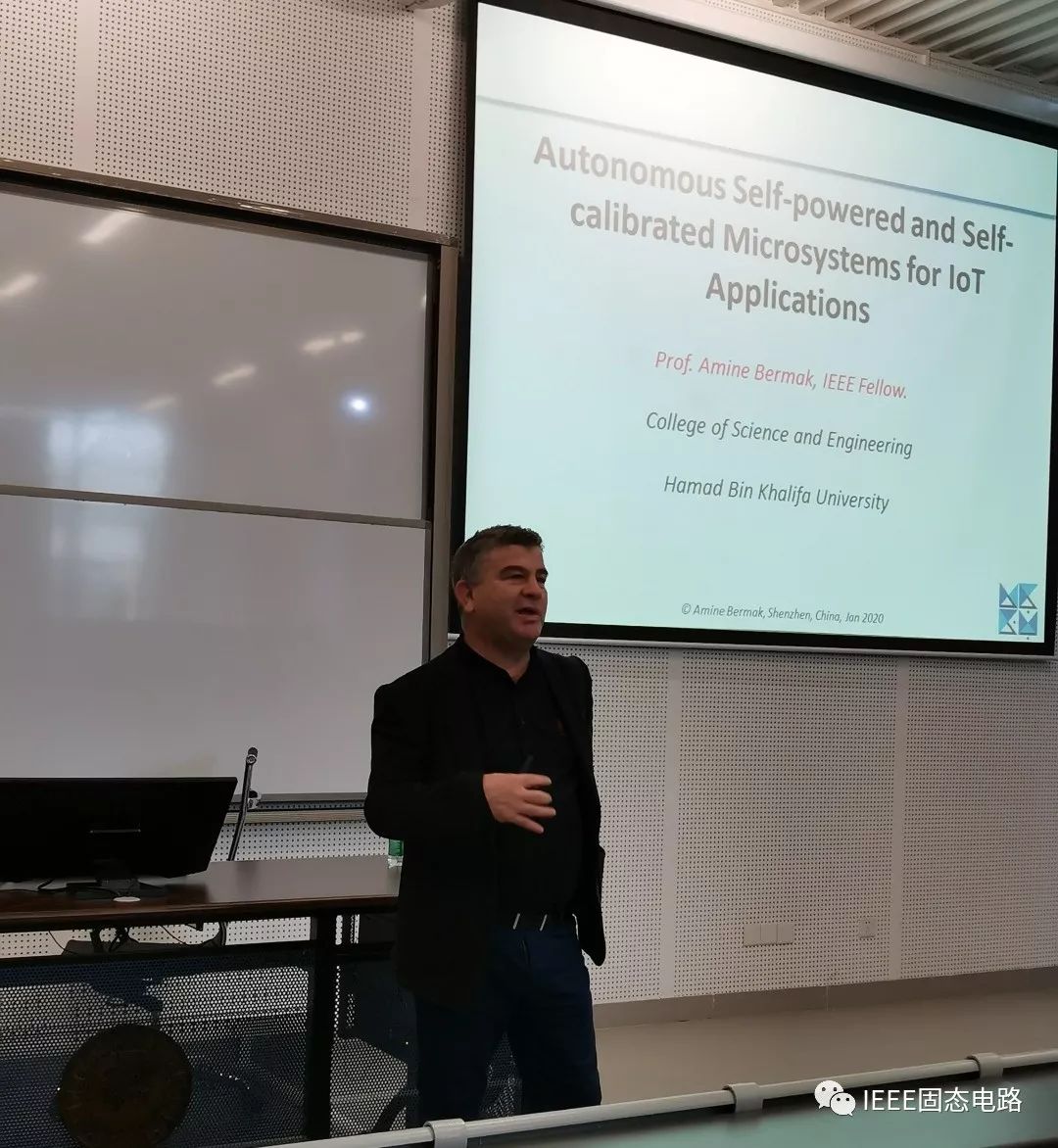
In the morning, Prof. Bermak mainly talked about the design of Sensors and IoT devices. He introduced the background of IoT, the characteristics of IoT devices and the challenges in the system design. A detailed introduction of Temperature Sensor and E-Nose Applications in the IoT context were also presented.
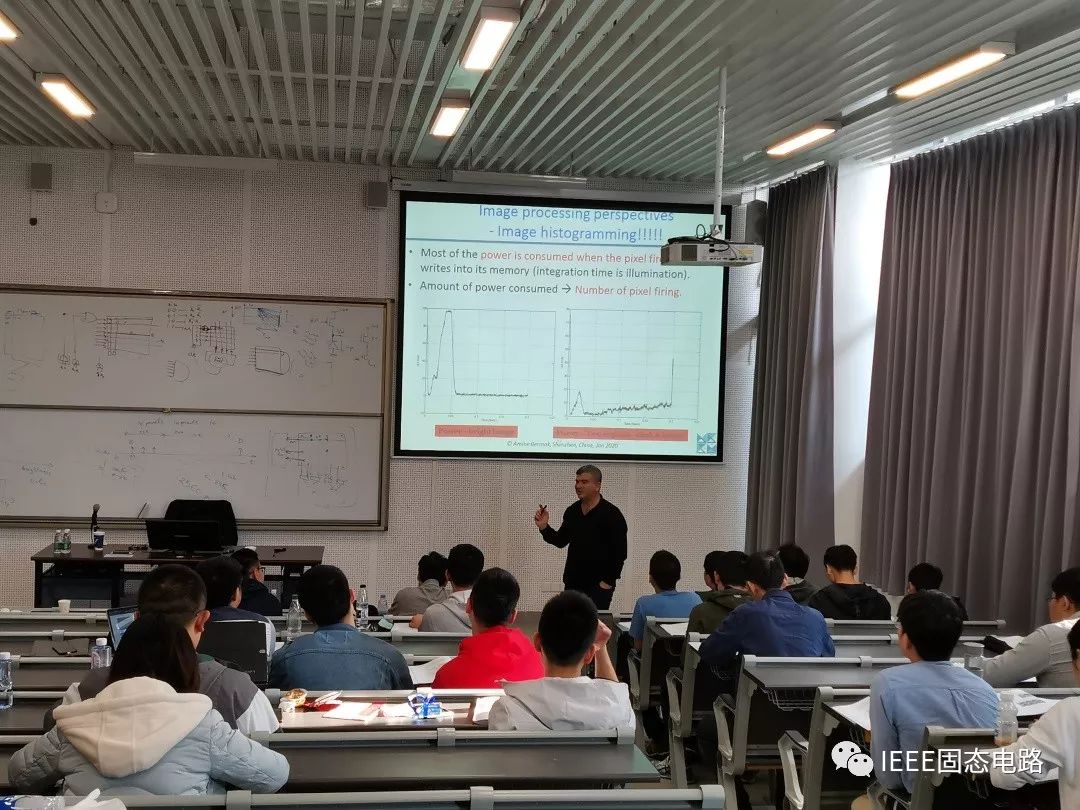
In the afternoon, Prof. Bermak introduced the design of CMOS image sensor. He gave a general review imager with different architecture of pixel designs, including active pixel sensors, PWM sensors, and AER based image sensors in turn. Based on the test results, he analyzed advantages and disadvantages of the three kinds of image sensors.
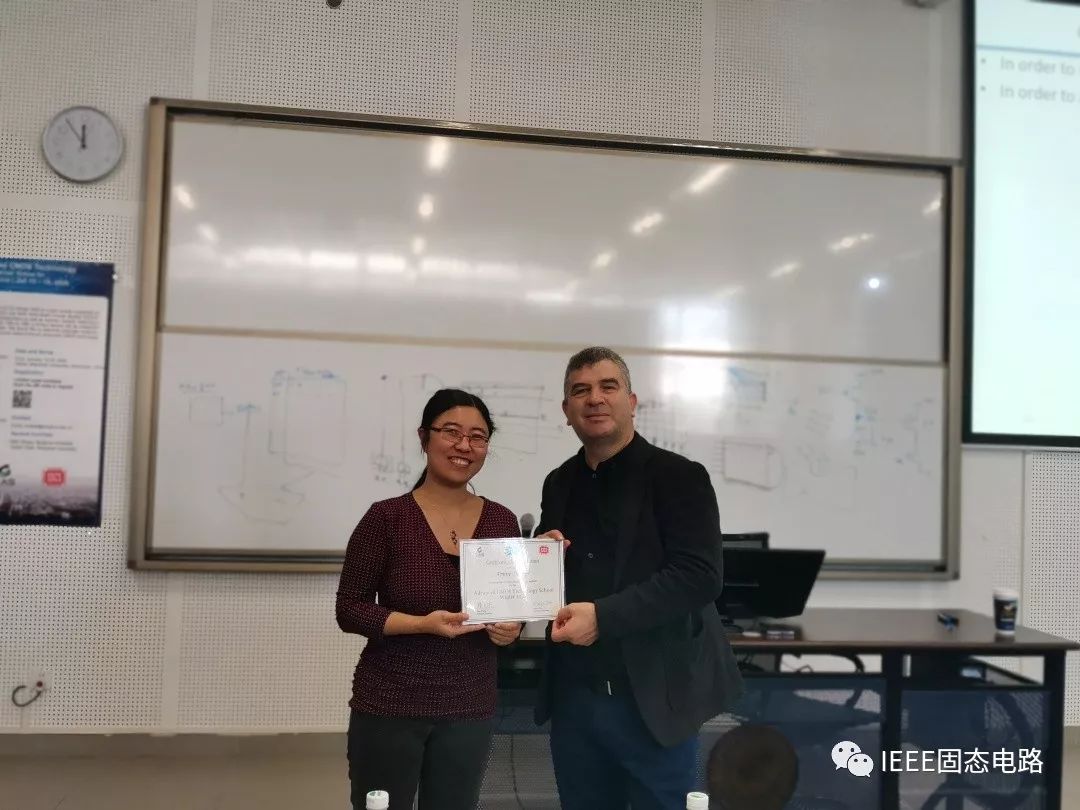
After the lecture, the general co-Chair Prof. Milin Zhang thanked Prof. Bermak for his great contribution to IEEE ACTS Winter 2020.
Prof. Amine Bermak
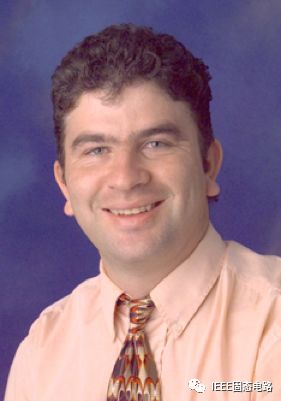
Prof. Amine Bermak received the Masters and PhD degrees, both in electrical and electronic engineering (microelectronics and Microsystems), from Paul Sabatier University, Toulouse, France in 1994 and 1998, respectively. During his PhD, he was part of the Microsystems and Microstructures Research Group at the French National Research Centre LAAS-CNRS, where he developed a 3D VLSI chip for artificial neural network classification and detection applications in a project funded by Motorola. While finalizing his PhD, he was offered a Post-doc position at the Advanced Computer Architecture group at York University – England, to work on VLSI implementation of CMM neural network for vision applications in a project funded by British Aerospace.
Prof. Bermak was nominated for the 2013 Hong Kong UGC best teacher award (for all HK Universities). He is the recipient of the 2011 University Michael G. Gale Medal for distinguished teaching (Highest University-wide Teaching Award). This gold medal is established to recognize excellence in teaching and only one recipient/year (out-of over 550 faculty) is honored for his/her contribution. Prof. Bermak is also a two-time recipient of the “Engineering School Teaching Excellence Award” in HKUST for 2004 and 2009, respectively. He is currently a Professor and Associate Dean at the College of Science and Engineering, Hamad Bin Khalifa University.
Prof. Bermak has received many distinguished awards, including the 2016 DAC best design context award, the “Best paper award” at IEEE International Symposium on Circuits and systems ISCAS 2010; the 2004 “IEEE Chester Sall Award”; the IEEE Service Award from IEEE Computer Society and the “Best Paper Award” at the 2005 International Workshop on System-On-Chip for Real-Time Applications. He has published over 250 articles in journals, book chapters and conference proceedings and designed over 50 chips. He has supervised 30 PhD and 18 MPhil students. He has served on the editorial board of IEEE Transactions on Very Large Scale Integration (VLSI) Systems and IEEE Transactions on Circuits and Systems II. He is also currently serving on the editorial board of IEEE Transactions on Biomedical Circuits and Systems; IEEE Transactions on Electron Devices and Nature Scientific Reports. He is the guest editor of the November 2010 special issue in IEEE Transactions on Biomedical Circuits and Systems. Prof. Bermak is a Fellow of IEEE and IEEE distinguished Lecturer. He was the co-director of MIT-HKUST Consortium.
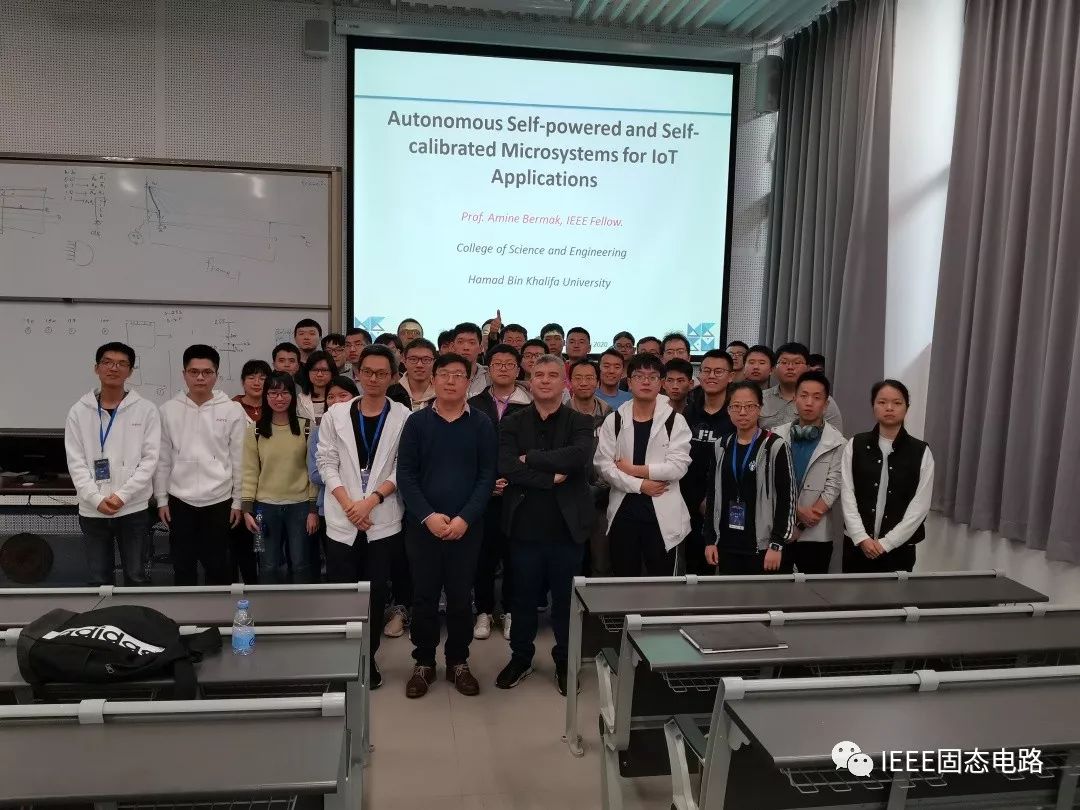
Sponsor
Beken Integrated Circuit
IEEE CASS
IEEE SSCS
